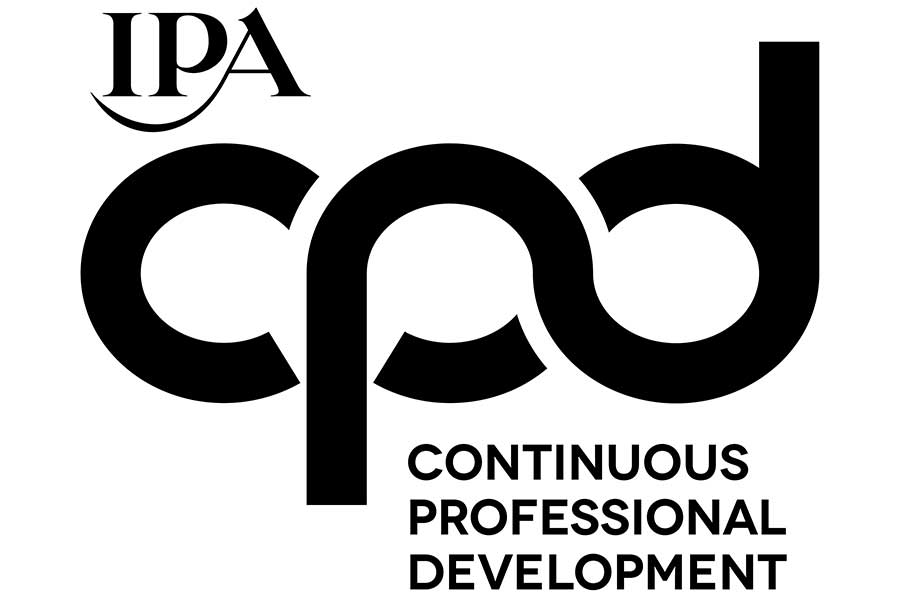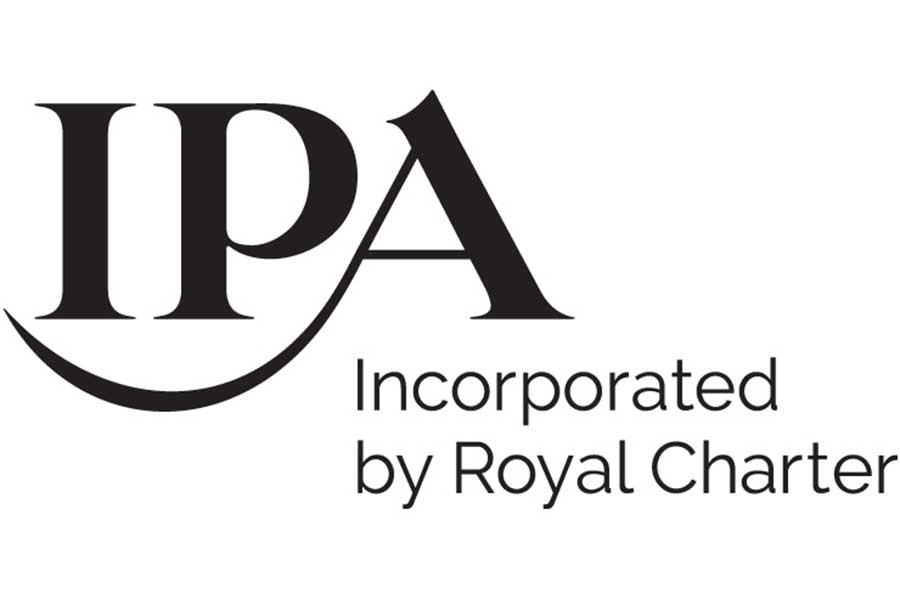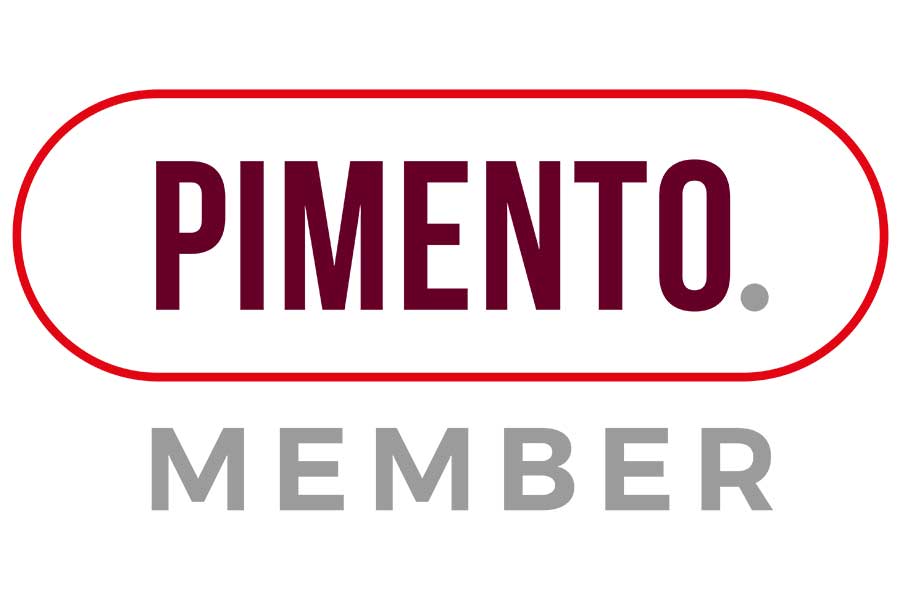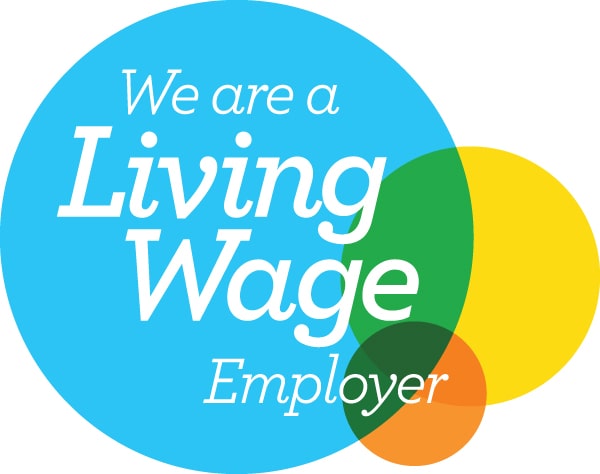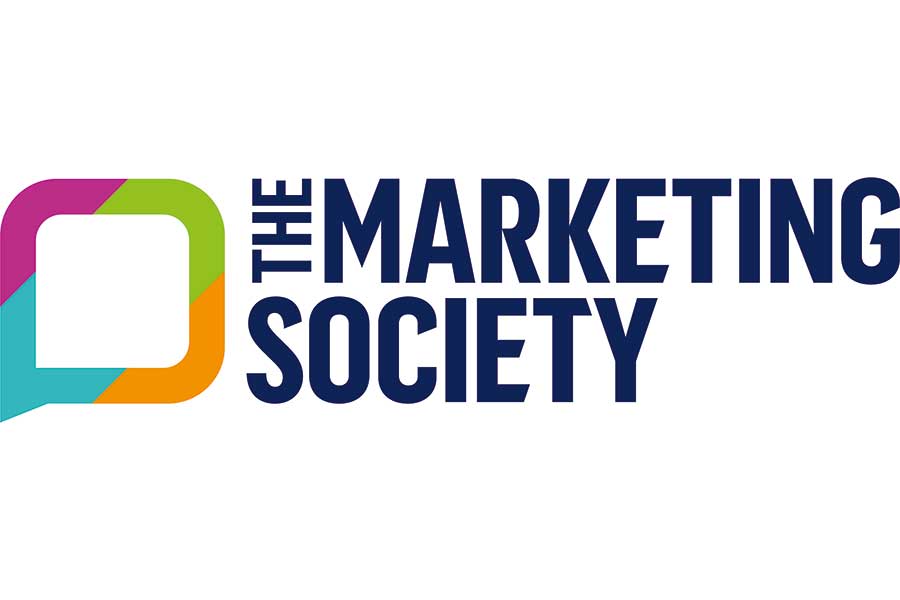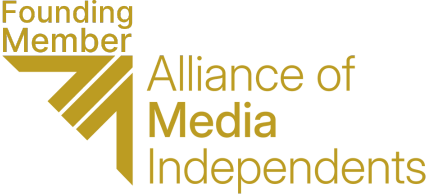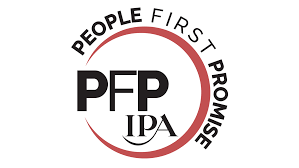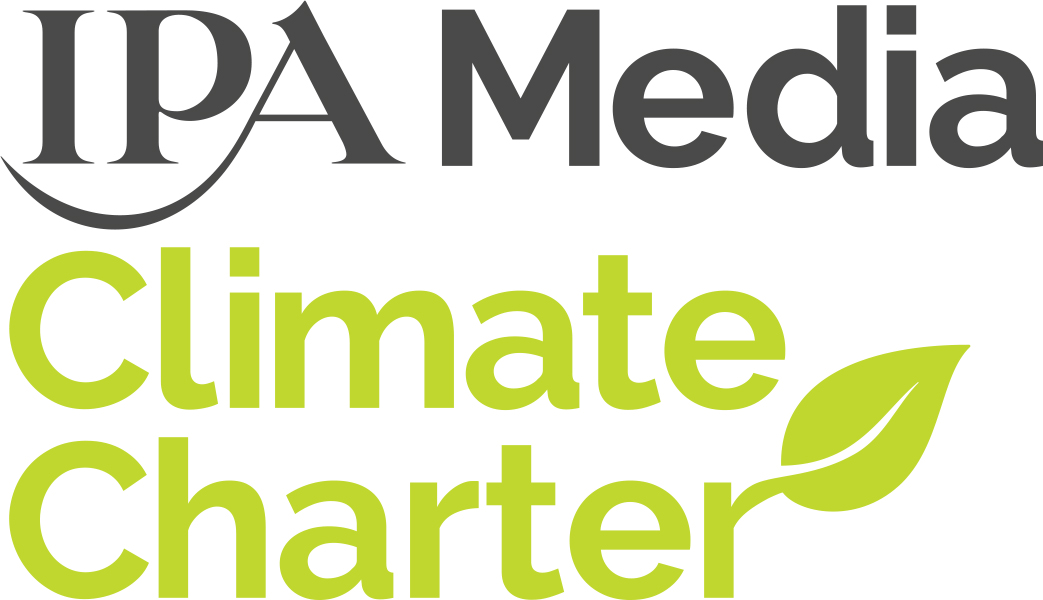By Suzana Lay, Planning Director, The Grove Media
As we come to the end of B Corp month, many of us with accreditation are now reflecting on an important movement that’s growing in number and helping to drive positive change. Verified by B Lab, B Corp accreditation means that a company meets the high standards of social and environmental performance and accountability. Fundamentally, B Corp is about using business as a force for good.
This month, we’ve seen initiatives to encourage more business to become accredited and to drive public awareness, such as The Guardian’s homepage partnership with B Lab and Channel 4’s competition to spotlight sustainable businesses. And we’ve seen plenty of companies announcing accreditation over the course of the month from a wide range of sectors, including garden furniture, landscaping, production, business support, clothing, pharma, and events.
This is all positive stuff.
But at the same time, we’ve learned that just 7% Guardian readers ‘know a lot about what a B Corp is’ and there have been questions raised about the cost and relevance of B Corp, particularly by SMEs on LinkedIn. While awareness of B Corp could be better, customers do care. They care about the actions of business. Arguably, less so about accreditation. But that’s not to say that accreditation isn’t important. Far from it.
B Corp accreditation isn’t just a badge or way to drive publicity. Some businesses are rightly making good promotional use of their accreditation, but frankly, there are far cheaper and easier ways to drive PR. What we’ve come to realise at The Grove since achieving accreditation at the beginning of last year, is that without B Corp we wouldn’t be where we are now in terms of performance and accountability. It’s forced us to take action.
B Corp does take up a lot of time and is a continuous financial overhead. But this means it’s taken seriously and is not simply a means of greenwashing. It’s the opposite of greenwashing, it’s taking genuine action and being held to account. It’s not easy to reach B Corp accreditation and this is reflected in the relatively modest numbers – 2,400 businesses accredited since the formation of B Lab UK in 2015. However, media and advertising businesses are actually well placed for B Corp, as accreditation is arguably more straightforward for service industries as they don’t have complicated supply chains.
For The Grove, B Corp helps us set standards, raises our bar on those standards, and it’s a means of holding us accountable to our staff and clients. And in our second year of B Corp, we’re getting more out of accreditation. For example, we identified “Community” as an impact area that we wanted to improve in, notably around “Civic Engagement and Giving”. We’ve since used volunteering activities as a means of physically getting our staff together and doing something for the community. And whilst there weren’t specific questions around mental wellbeing, we took it upon ourselves, to improve our understanding of and provision for mental health. We formed a committee of staff members from different departments to do mental health training. Following that, we’ve now re-written our mental health policy. We also celebrated World Mental Health Day for the first time by giving everyone a half day off and subsidising a wellness activity of each staff member’s choice. We recently achieved the IPA’s People First Promise, which further demonstrates our commitment to employee’s mental health and wellbeing.
Many businesses are introducing new initiatives, targets and actions in order to improve their B Corp score. This is a really good thing, and demonstrates the genuine hunger that accredited businesses have for continuous improvement. And research from B Corp proves the wider business benefits of accreditation. In 2023-2024, small and medium-sized UK B Corps reported a 23.2% increase in turnover, compared to the national average of 16.8%.
I think the B Corp accreditation is one of the most holistic ones as it focuses on five key areas of impact that are both inward and outward-facing, social and environmental. But it is far from perfect. For example, all areas have different weighting and there are no minimum requirements for any. All industry and company contexts are scored under the same criteria, with questions that aren’t always all relevant. However, the accreditation is an evolving one and, through feedback and consultation, new standards will come into effect next month that will address a lot of the issues and improve the rigour of the certification. Presumably this will be just one of many iterations going forward.
Despite all this, I also accept that B Corp might not be right for everybody. And that’s OK. There are other initiatives out there that might be appropriate for some businesses and industries. 1% For The Planet, Goodwell Score and B1G1 are just some of the alternatives to B Corp. Exploring other avenues of accreditation might be more suitable for businesses that want to focus on just one area of impact – and do that really well.
The important thing is for more companies to take action. If our people and planet and are to have a healthy future, more businesses need to get involved. B Corp is just one fantastic way to ensure businesses take action, and keep taking action.


